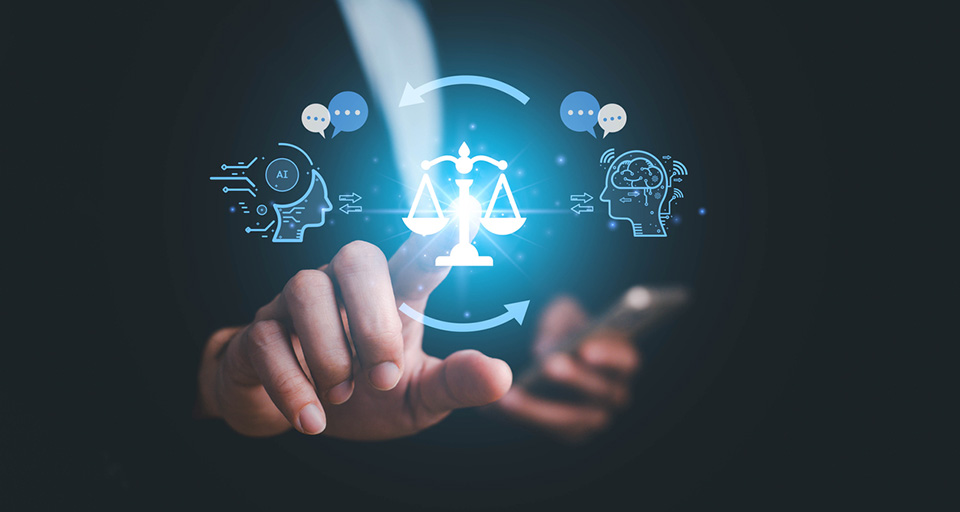Here’s How The FTC Might Lower The Boom On Those Emerging Generative AI Mental Health Therapy Chatbots That Are Promising Miracle Cures
Jan 16, 2024

In today’s column, I will explore the increasing flare-up of generative AI mental health therapy chatbots and the at times outlandish and unfounded claims being made about their efficacy, along with doing a close-up examination of the regulatory and legal mechanisms fighting against this disconcerting rising tide. This is yet another addition to my ongoing series about the many ways that generative AI is making an impact in mental health therapy guidance.
The good side of today’s topic is that generative AI when used appropriately and aptly portrayed can democratize the availability of mental health therapy. That is the smiley face scenario. The downside is that generative AI also opens the door to all manner of ill-suited mental health therapy chatbots. Novices and hobbyists devising these are often unaware of the dangers and qualms afoot. Some people see dollar signs and proceed flagrantly and uncaringly ahead in a quest to make money or fame from their devised AI wares.
It is one thing to make such a chatbot.
The second and equally serious matter is how the chatbot is touted or portrayed.
Click here to explore this article's original source for more.
